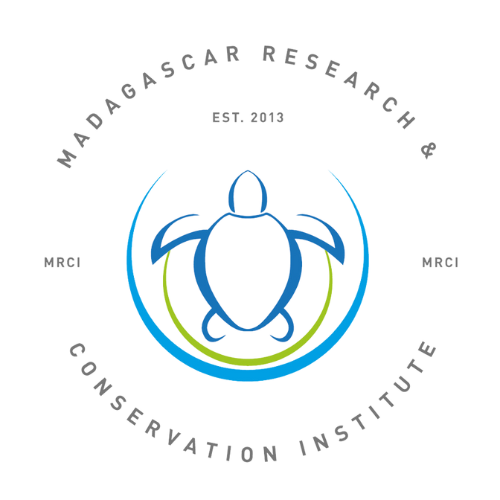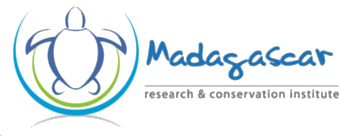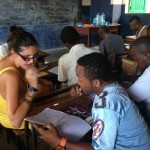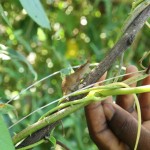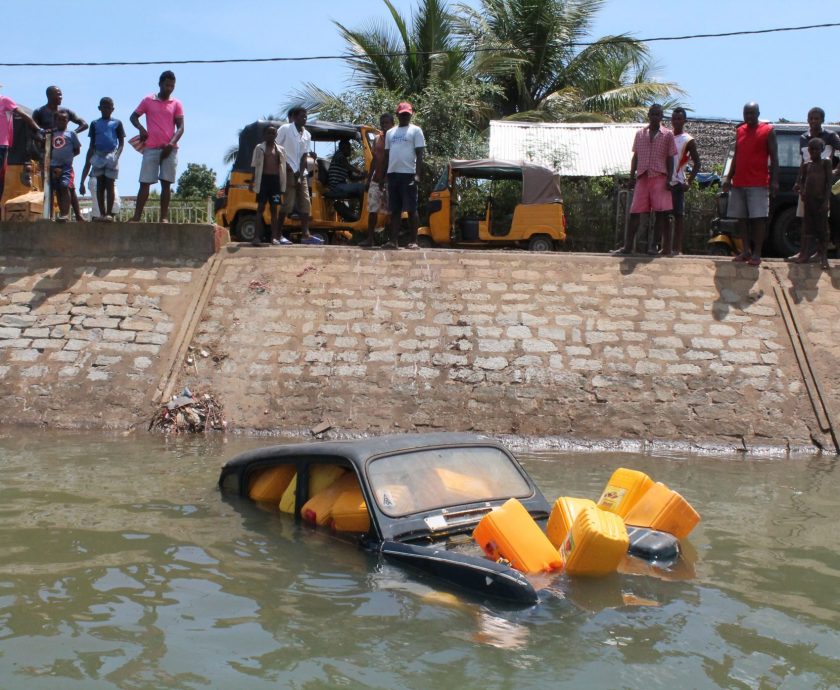Each volunteer on the Marine Conservation project has the opportunity to join a variety of conservation efforts focused on the protection of the marine ecosystem in Madagascar.
Volunteers work in collaboration with and on behalf of a number of oceanographic organisations to gather vital raw data through a number of initiatives, including:
- Nudibranch Research
- Through surveys using scuba diving equipment we are able to provide data to determine the species density and biodiversity of nudibranchs in the area as well as associated substrates.
- Turtle Monitoring
- Identification – The main aim for our Turtle Identification & Monitoring Project is to establish an estimated inventory of turtles using the reef surrounding Nosy Komba. The identification of individuals within a population is the preliminary step in the ecological study of a species.
- Census – Through snorkel surveys and visual monitoring we are able to establish an annual population census. Here we can determine the frequency and population strength of the varying species of turtle that visit the area.
- Nesting – During the nesting season we keep watch for females laying eggs and hatchlings making their way to the sea. Our aim is to monitor breeding and protect nests from any disturbance.
- Reef Surveying
- Monitoring the biodiversity, health and growth of the reef system surrounding Nosy Komba, This is achieved through fish, invertebrate and coral surveys using scuba diving equipment.
- Beach Clean Ups
- Clean beaches help save the lives of marine animals that are caught in and/or eat marine litter as well as removing synthetic, damaging material from the ecosystem. This data is being collected for an international research project being run by University of Cape Town, monitoring ocean waste across the Indian Ocean.
- Community
- We work to provide education to the local community about environmental issues, conservation and the protection of biodiversity and marine resources such as food.
- Artificial Reef
- Through reef regeneration by coral propagation and litter removal on our artificial reef structures we can aim to increase the coral reef size and health in the area, thus providing more habitat space for reef fish.
- Marine Protected Area
- Turtle towers, the house reef at Turtle Cove, became a marine protected area in November 2016. Volunteers are working to monitor the impact of the protection on marine life.
- We work to explain the importance of the protected area to local fishermen and stop them fishing on that area of reef.
Volunteers receive comprehensive training to prepare them to undertake research-based activities at sea. This involves identification training for marine wildlife, including turtles, fish, corals and invertebrates. Volunteers are also taught the methodology of coral baseline surveying, a key skill in marine conservation as a universal approach to monitoring the state of coral reefs.
Volunteers participating on the Marine Conservation project must have an Open Water Dive Certification as well as an Advanced Open Water Dive Certification to survey. If you are applying for the Marine Conservation project in Madagascar, please specify whether you require any dive training. PADI diving courses can be completed with us in Madagascar at our MRCI Diving School.
Please note, this project has a minimum duration of 4 weeks to allow sufficient time to complete the dive and marine research training required to participate on the project.
All marine conservation volunteers are required to bring the following items to Madagascar, as these are not available for purchase on the island of Nosy Komba:
- PADI crew packs / Manuals for the relevant course(s)
- Snorkel and mask (with tempered glass)
- Fins (open heel with booties are more comfortable for frequent use)
- Wetsuit (long or short, 3mm minimum)
- Surface marker buoy (DSMB)
- Reel (a small finger reel will be adequate)
- Waterproof watch
- Dive compass
- Log book
Visit our MRCI Diving School page for more information on our PADI diving courses.
